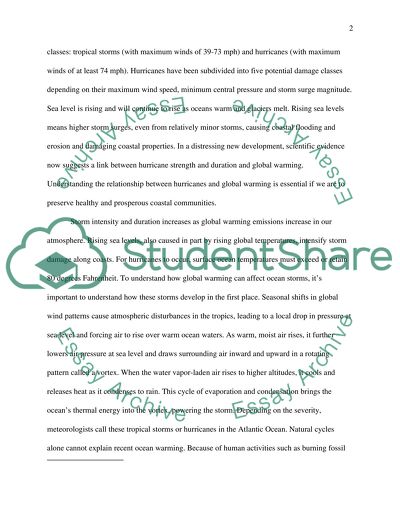Cite this document
(“How Global Warming and Hurricane are related Essay”, n.d.)
Retrieved from https://studentshare.org/science/1503817-how-global-warming-and-hurricane-are-related
Retrieved from https://studentshare.org/science/1503817-how-global-warming-and-hurricane-are-related
(How Global Warming and Hurricane Are Related Essay)
https://studentshare.org/science/1503817-how-global-warming-and-hurricane-are-related.
https://studentshare.org/science/1503817-how-global-warming-and-hurricane-are-related.
“How Global Warming and Hurricane Are Related Essay”, n.d. https://studentshare.org/science/1503817-how-global-warming-and-hurricane-are-related.


